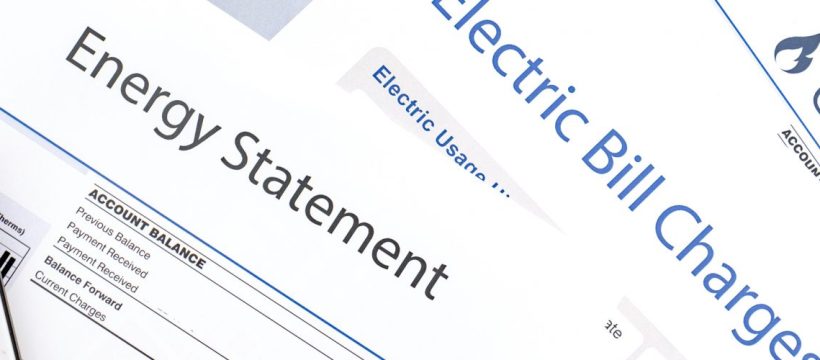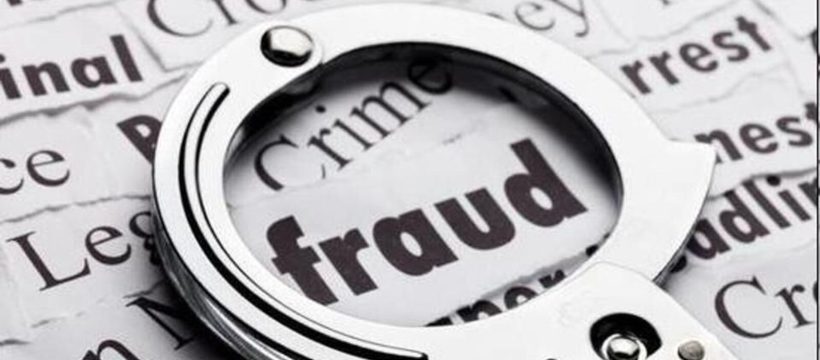Proof of address plays a crucial role in various aspects of our lives, from opening bank accounts to receiving government services. However, some individuals resort to using fake documents, such as utility bills, to deceive authorities and gain undue advantages. This article aims to shed light on the legal implications of employing counterfeit proof of address and the potential consequences one may face for such actions.
The Importance of Authentic Proof of Address
Before delving into the legal aspects, it is essential to understand why authentic proof of address is necessary. Legitimate documentation helps establish an individual’s residence, identity, and credibility, serving as a foundation for numerous transactions and legal processes. Faking proof of address undermines the integrity of these systems and can have serious consequences.
Fraudulent Misrepresentation
Using a fake utility bill for proof of address is a form of misrepresentation. This act can be considered fraud, as it involves intentional deception with the intent to gain an advantage or cause harm. Legal systems across the world take a strong stance against fraud, and individuals caught engaging in such practices can face severe penalties.


